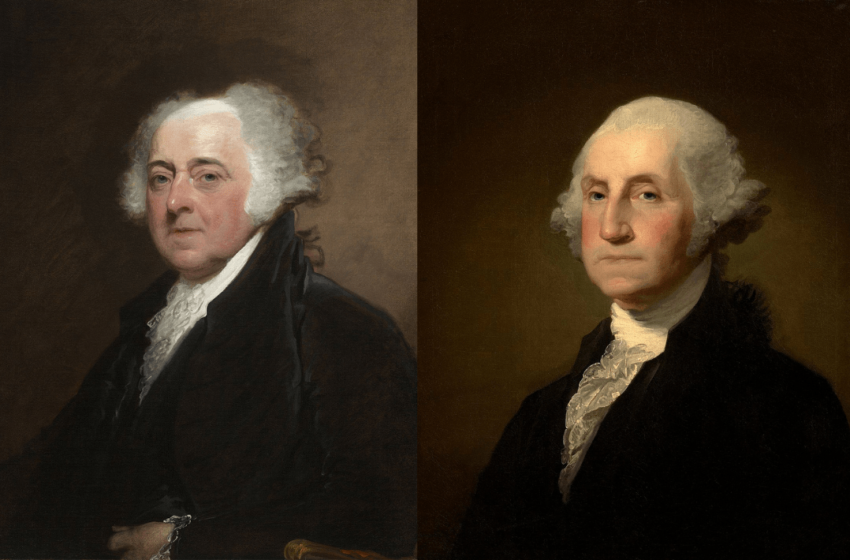
Thoughts I Wish To Share With Washington and Adams On Indigenous Peoples’ Day
This year’s commemoration of Indigenous Peoples’ Day marks the epitome of the past, present, and future meeting at acutely angled crossroads. The reason one cannot conceptualize the proportions of these routes to be any wider is all because of how the state of affairs has been unfolding over the past few years and counting. But if one is to contend with the public’s interests at this pinnacle of times, then it is about time that one reckoned with predecessors that had shaped the political spirit of American colonies and engraved their footsteps in today’s United States of America. The people who shall fall into this discourse, whom one affectionately wishes to have had a circumstantial confab with on their keen philosophies on governance from amongst the quorum of Founding Fathers, are George Washington and John Adams.
In principle, the science of politics in the United States of America had long exhibited an inclination toward the subject of attaining social happiness for the people, despite the limitations imposed by prejudices of the times. The means through which such an end would be contrived had always been the concept of public virtue. Quoting Adams in this regard shall bring about clarity to minds seeking to fathom the history clothing the Constitution upon which Americans of today dwell:
“Upon this point, all speculative politicians will agree that the happiness of society is the end of government … From this principle … the form of government which communicates ease, comfort, security, or, in one word, happiness to the greatest number of persons, and in the greatest degree, is the best. All sober enquiries after truth, ancient and modern, Pagan and Christian, have declared that the happiness of man, as well as his dignity, consists in virtue. Confucius, Zoroaster, Socrates, Mahomet … have agreed in this.”
As political and social constructs governing the American people had diversified over centuries to adequately represent the ever-changing nature of its constituents, advocates from the general public have long flagged and penned the exigency of the evolution being reflected in deeds as much as it is in words. Certain cultural, religious, and other communities of sorts, Indigenous and beyond, remain, till today’s dawn, the subject of resignation and demise instigated by the foreign influence that has plagued the fundamental principles put forth by the Founding Fathers.
Lest we forget that one of the greatest three cautions that Washington had laid down for future governors before all else could foretell the nature of the calamities that would befall any ambitious nation from foreign entities. It becomes, thereby, our duty to bring them to the forefront in our battle against dysfunctional qualities that had little by little left their foul residues:
“Against the insidious wiles of foreign influence … the jealousy of a free people ought to be constantly awake, since history and experience prove that foreign influence is one of the most baneful foes of republican government…. Excessive partiality for one foreign nation and excessive dislike of another cause those whom they actuate to see danger only on one side, and serve to veil and even second the arts of influence on the other.”
As the ardent celebration for Aboriginals this year manifests in words and, hopefully, in deeds, our hopes and rationales intersect at the crossroads of dreams and fears, one that only those of true virtue shall tread and pursue; for the interests of the American people had always been founded on happiness, not on foreign interests that wage inner and outer conflicts and ignite bloodshed and political wars. As Adams declared centuries ago about the unchanging spirit of the people, “Fear is the foundation of most governments…. [But] Americans will not be likely to approve of any political institution which is founded on it.”
May the true American tenacity and spirit, fiercely known since the earliest times of Washington and Adams, find their way to transcend all obstacles and unite under one unanimous voice that returns rights to those deserving of them.



